How to set up financial goals for the New Year
New year, new financial goals. Right? Now that the new year is here, many of us have committed to changing the way we live and work for the better. If you’re starting off the new year with a list of resolutions, it may be worth adding some financial goals as well. Setting financial goals for the new year is a great goal in itself, but few people know where to start. That’s where we come in. If you want to set up financial goals for the new year, here are our top 5 tips.
1. Assess where your finances really are
Setting up financial goals for the new year are crucial, but before you get started you need to know where your finances really are. Look through your earnings, savings, expenses, debts and investments. This may be liberating or stressful, but knowing exactly where your money is and where it’s going is giving you greater control over it. It will also help you realistically set goals for the new year.
2. Set a budget and stick to it
Yes, this tip may not be new to anyone but it’s crucial for reaching your financial goals. Look at your earnings and expenses, figure out what you can put into savings and where you can invest. Make sure you include everything in your budget - home insurance, groceries, bills, coffees, meals, clothes, petrol, car rego and insurance, exercise memberships. Don’t leave anything out and be thorough. Set yourself a weekly personal spending budget for all those other things you buy throughout the week (coffee, books, clothes) and stick to it. And if you are thinking of booking a holiday this year (yay!), make sure you create a monthly holiday budget so you’re paying for it with cash - not credit cards!
3. Pay down your debt
Paying debt off is a big financial goal for many people. It's a significant burden and if it keeps accruing, it can prevent you from achieving your financial dreams. Start paying off your debts now. Set a realistic amount that you can transfer to your debts each month. Commit to paying debts off now and you’ll be able to keep the money you earn and invest in the future - instead of using it to pay more debts off…
4. Stay informed
Don’t just set a budget and financial goals for the new year, and never look at it again. Information and knowledge of your money and budgeting will inform the financial decisions you make throughout the year. Look at your budget every two weeks. Track your spending, expenses and debt payments. Adjust and tweak where necessary, and if you have money left over at the end of the week, fortnight or month, save half and put half onto your debts. Don’t spend it just because it’s there.
5. Establish an emergency fund
Ever heard of the saying “save for a rainy day”? Well, it’s true. You don’t know what’s around the corner If an emergency pops up, you don’t want to have to spend your savings, do you? We are all vulnerable to unforeseen emergencies but we can better financially prepare for them, just in case. Establish an emergency fund and allocate an amount of money to be transferred into that account. Never touch the money in that account. Let it grow and if an emergency does arise (and we hope it doesn’t) you’ll feel so grateful that you had set it up in the first place. It will protect you financially. Ideally, your emergency fund should at least be 2 months worth of expenses. It may take a while to establish but the freedom you gain from having it will be worth the wait.


